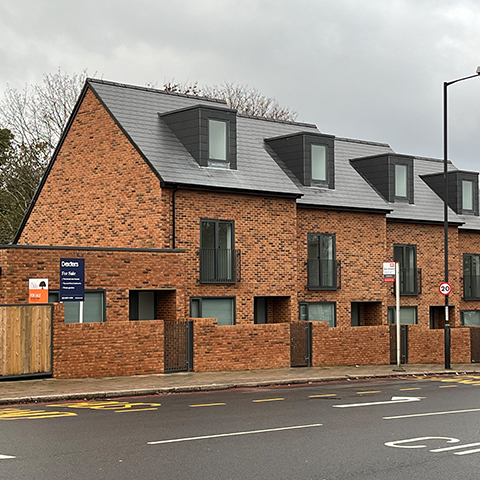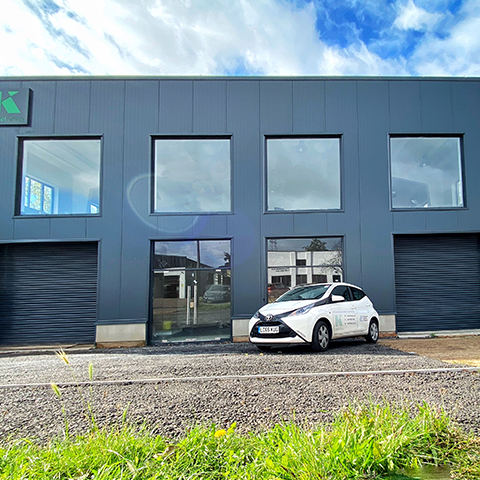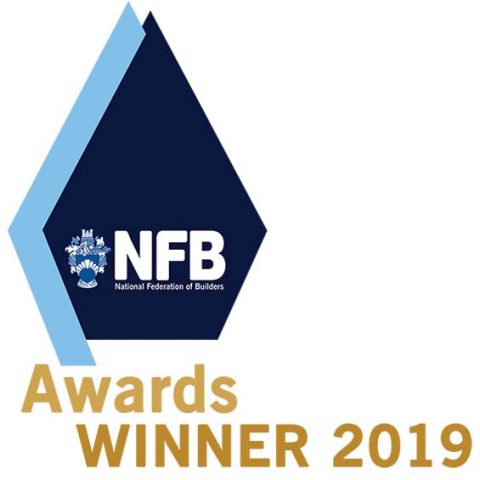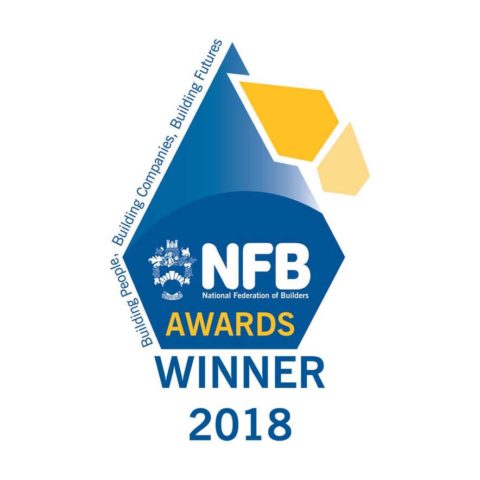Joint Venture in Property Development Guide

When is a JV partner the right option?
If you find your next property development is beyond your financial capabilities then you need to explore financial options. Or you could be aiming to grow your business by taking on larger property developments where you don’t have a track record.
Let’s look at a couple of options:
Case Study 1:
A developer is looking for finance options to support their next property development of a block of 9 apartments. Cash flow within the company and current development projects are restricting their ability to finance the development. Track record of successful developments of similar size and value.
Potential partner could be:
- An investor with local knowledge of the market and wishing to invest in the area
- Finance company looking to provide equity to property developer
- Funder looking for a higher return on investment through a share of profits
Benefits of a JV
- Greater access to funding and a larger pool of investors
- Equity investment from a finance company
- The funder funds and the builder builds
- Share risk and share profits
- Security of, initially the land and then the buildings
- Investors gain a higher return on investment
- Having built up trust on a successful JV there is the possibility of undertaking future developments with the same partner
Case Study 2:
A developer is wanting to expand their capabilities and take on bigger projects. From building blocks of apartments (usually 6 units) to delivering a housing development of 15 single units is the planned expansion for the property development company. Not able to demonstrate the right experience of this type and scale of development.
Potential partner could be:
- Building contractor with a track record of this type of construction
- Architect / Project Manager with right expertise
- Another developer offering to collaborate and bring missing skills to the project
Benefits of a JV
- Access to skills appropriate to specification
- Reducing the risk element for the funder of perceived lack of experience
- Share of the risk
- Profit sharing
- Possibility of undertaking future developments with the same partner having built up trust following a successful JV
In reality, it is often a combination of a number of parties – each bringing a different skill set – so the partnership can be a mix of developers, architects, building companies, and finance houses.

A few things you might not have thought about
It is important for you to take legal advice before signing up to your JV agreement which is a legally binding contract. You will need to set out who has responsibility for each aspect, how expenses are to be deducted and what the agreed expenses are, as well as clarifying the share of profits or agreeing a fixed rate.
But have you thought about:
A Confidentiality Agreement – this is a valuable tool to protect shared information. You will need to include provisions for non-competition clauses for information that could be used at a later date when the JV is ended.
Data protection – because of GDPR regulations and the large fines that can be issued for breaches of date protection rules, you need to decide what data the JV company will process and if each party will process any data separately.
Copyright licence – making sure all relevant parties, who need one, have a copyright licence over the project designs and a contractual link to the designers.
Provision of service to the JV – if one party (or shareholder) is providing a service to the JV vehicle, everything needs to clearly recorded and transparent – such as the contract terms and obligations. This is good practice for audit purposes.
What could possibly go wrong – we all know that things can go wrong so it is best to discuss some worst-case scenarios and agree in advance how you would overcome them.
Tax advice – to decide on the right JV you are well advised to take advice from an accountant or specialist tax advisor to determine the best option in your circumstances.
Exit the JV early – like at the start of a marriage when you are not planning the divorce, it is not your first thought as to what will happen if anyone wants to exit the JV. Setting out clear guidelines will, however, avoid future disputes on the value and transfer of shares to a third party should a JV end early.
How to Joint Venture?
There are number of options for the type of JV that you decide to use, but they all have the same underlying principle, whether you are undertaking residential or commercial properties. Two or more partners are pooling their expertise (finance – design – build) to deliver a project effectively and efficiently with a prescribed ROI – whilst at the minimum risk.
Let’s look at your options!
- Development Agreement
- Limited Company (SPV)
- Partnership Agreement
- Limited Liability Partnership (LLP)
Development Agreement
This term covers a range of legally binding agreements typically between developers, landowners, purchasers, and funders.
- Each party shares the debt liability and the agreement should set out how each party is to share it and in what proportions (that this is not always equally).
- As the agreement does not create a legal entity it may be difficult to raise funds and they cannot collectively own or purchase assets.
- All profits will be taxed on an individual basis.

Limited Company (or SPV)
The most common JV is a private limited company often referred to as a Special Purpose Vehicle (SPV). This means it is set up for one purpose and the focus is all given to the development project.
- All parties become shareholders.
- It is a legal entity and so can own assets which can be sold as well as selling the shares when the project is completed.
- There is the additional responsibility of compliance and the associated administrative costs and guarantees may have to be set up if any further funding is required.
- A tax disadvantage is that Corporation Tax is payable by the limited company and the individuals will also be taxed personally on income.
Partnership Agreement
As the name property development partnership agreement implies, it is two or more parties entering into an agreement to undertake a property development. It is not as legally restrictive as other arrangements.
- Each partner usually has unlimited liability for the whole project which has its drawbacks.
- If you choose to be a limited partner, you are not usually allowed to manage any part of the business.
- Raising additional funding if required can be problematic.
- The tax benefit is that profits are taxed on an individual basis only.
Limited Liability Partnerships (LLP)
In essence, this option is a mix of a limited company and a partnership, in that it is a separate legal entity and liabilities are limited for each partner but profits are taxed on an individual basis.
- There are administrative requirements and additional funding would need to be supported.
- However, it has benefits of a company and benefits of a partnership intermingled to create an alternative option that can have its appeal.
Before you go ahead
A few questions to ask before jumping into a JV on your next development project:
- Do you trust your prospective joint venture partner?
- Have you spent some time getting to know your prospective partners?
- Do you want your involvement kept confidential?
- Who is liable for what?
- Have you assessed and discussed fully the risks?
- Do you have a contingency plan?
- Have you taken legal advice?
- How binding is your legal agreement?
- Have you set a structure to decide what would happen if there should be losses and how they would be divided?
- Are you likely to need further investment through other property investors – part way through the development?
- Who is managing on a day-to-day basis?
- How is profit split – equally or as a %?
- Have you taken tax advice?
- What is your exit strategy?
The final comment
Joint Ventures can be an excellent option.
For developers, it creates an opportunity to access finance and to maximise their own financial resources to develop more schemes side by side. On some projects an experienced property developer can show-case their skills to support those newer to property development which enhances their own reputation.
For investors, they get the excitement of being involved in property development without the need to manage the construction on a daily basis. They get the opportunity for a good return on investment in a short period of time.
A great collaboration which can be beneficial to all parties.
Note: This blog is for general purposes and guidance only and does not constitute legal, tax or professional advice. You should seek legal and tax advice before relying on its content.





















